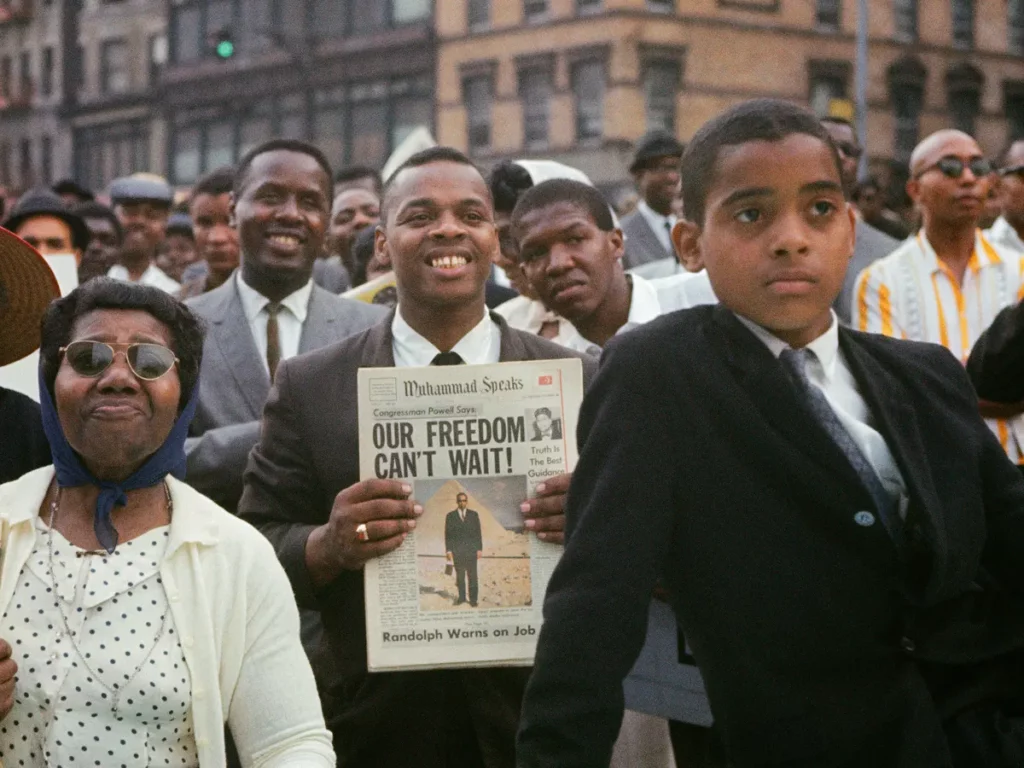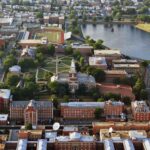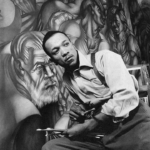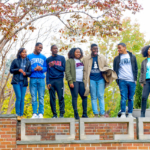Howard University and The Gordon Parks Foundation recently announced a historic acquisition of 244 photographs representing the arc of Gordon Parks’s career over five decades.
The breadth of the collection—which spans Parks’s earliest photographs in the 1940s through the 1990s—makes it one of the most comprehensive resources for the study of Parks’s life and work anywhere in the world.
The Gordon Parks Legacy collection, a combined gift and purchase, will be housed in the Moorland-Spingarn Research Center.
The photographs serve as a rich repository for the development of exhibitions and multidisciplinary curricula that advances scholarship on Parks’s contributions as an artist and humanitarian.
Howard University’s acquisition is part of The Gordon Parks Foundation’s commitment to supporting initiatives that provide access to and deepen understanding of the work and vision of Parks for artists, scholars, students, and the public. Building on this partnership, the Foundation and Howard University are exploring future projects that draw on the collection to catalyze new research and joint programming.
“This landmark acquisition provides new dimension to studying the work and lasting impact of Gordon Parks through the context and resources of a university,” said Peter W. Kunhardt, Jr., Executive Director of The Gordon Parks Foundation. “Gordon embodied the many values that Howard University stands for, making it a fitting home for engaging with one of the great chroniclers of Black American life.”
“Howard University is proud to be the recipient of such an important collection of work by African American artist and photojournalist Gordon Parks,” said Dr. Wayne A. I. Frederick, President of Howard University. “Mr. Parks was a trailblazer whose documentation of the lived experiences of African Americans, especially during the civil rights period, inspired empathy, encouraged cultural and political criticism, and sparked activism among those who viewed his work. Having a collection of his timeless photographs in the Moorland-Spingarn Research Center will allow Howard University faculty, students, and visiting scholars to draw on his work and build upon his legacy of truth telling and representation through the arts.”
“I am extremely excited about this historic acquisition by Howard University and this rich addition to Moorland-Spingarn’s collection,” said Ben Talton, Ph.D., Director of The Moorland-Spingarn Research Center at Howard University. “It fortifies Howard’s place as the premier institution preserving the legacy of the global Black experience. In addition to acquiring the nation’s largest Garden Parks collection, Howard University is gaining a partner in the Gordon Parks Foundation. This collection and this historic collaboration provide our students and faculty with direct access to Parks’ work and the resources of the Gordon Parks Foundation for research and teaching. As a photographer and filmmaker, Parks provided a unique narrative of the beauty and pain of the history of the United States during the second half of the 20th century.”
The collection traces Parks’s progression from early portraits of rising talents to becoming a leading photographer of Black celebrities through the subsequent decades.
Represented are Parks’s mid-career works Sidney Poitier in A Raisin in the Sun, New York, New York, 1959; Duke Ellington in Concert, New York, 1960; Louis Armstrong, Los Angeles, California, 1969; among other photographs of notable figures from the period.
The holdings also include photographs taken later in Parks’s career of subjects representing new generations of changemakers at the height of their emergence on the cultural scene, including portraits of the iconic fashion model Iman from the 1970s, and images taken in New York of Jazz musician Miles Davis in 1981, and filmmaker Spike Lee in 1990.











